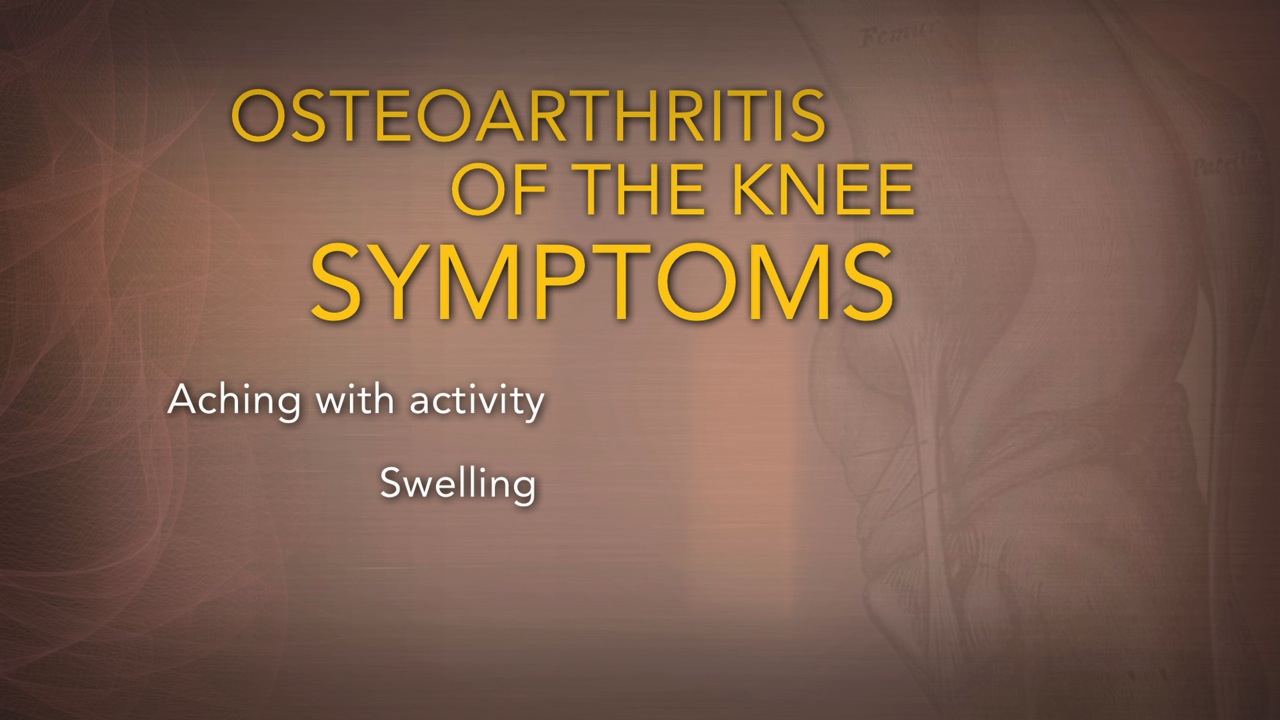Vitamin E not useful in preventing rheumatoid arthritis
Reuters Health • The Doctor's Channel Daily Newscast
“Despite plausible biologic mechanisms, as well as data from some previous observational studies showing that diets high in antioxidants are associated with lower RA risk, the present randomized, controlled trial does not show that long-term use of vitamin E supplements significantly decreases the risk of developing the primary endpoint, definite RA,” Dr. Elizabeth W. Karlson and co-researchers conclude.
As reported in the November 15th issue of Arthritis Care and Research, the current investigation included 39,144 WHS participants, at least 45 years of age, who were randomized to receive vitamin E or placebo.
The subjects were followed for 10 years, on average, and were considered to have definite RA if confirmed by a standard screening questionnaire and if the disease manifestations met American College of Rheumatology criteria.
During follow-up, 50 patients in the vitamin E group and 56 in the placebo group developed definite RA. Of these women, 64 were positive and 42 negative for rheumatoid factor.
Vitamin E supplementation did not significantly affect the risk of definite RA, Dr. Karlson and colleagues from Brigham and Women’s Hospital in Boston report. This held true for both seropositive and seronegative disease.
Among the limitations of the study, the authors point out that WHS participants were all health professionals who are likely better educated and of a higher socioeconomic status than women in the general population. However, the team still believes these differences should not impact the biologic effects of vitamin E.
Reference:
Arthritis Care Res 2008;59:1589-1595.






